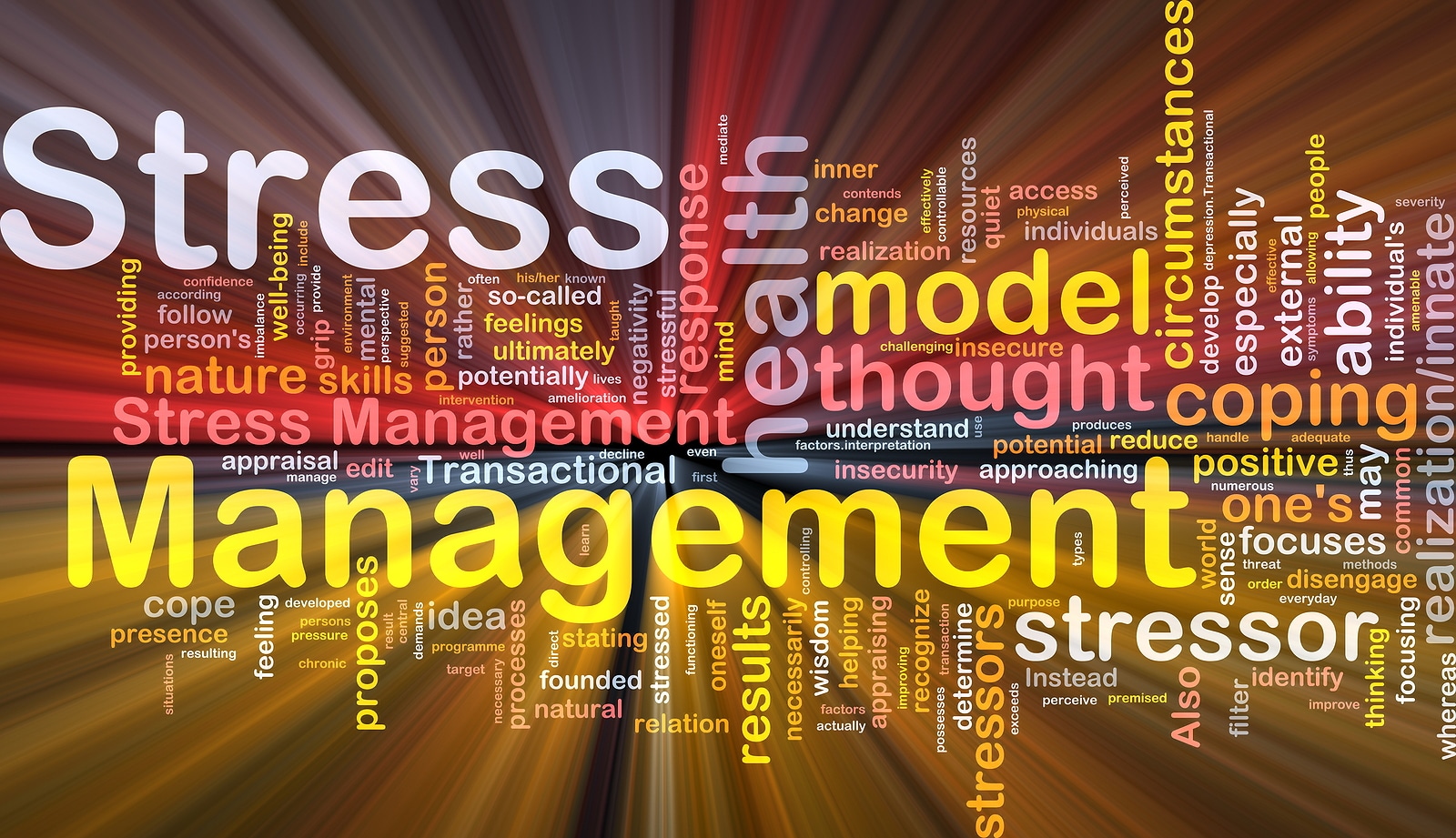
Most people experience some level of stress in their everyday lives, but for EMS providers, it can be especially difficult to deal with. With so many things going on and a lack of any real certainty in daily life, it can be hard to adjust.
Stress can also make it much harder to concentrate or get sufficient rest and lead to health complications such as high blood pressure and diabetes. As such, knowing the causes of their stress and how to deal with them is essential for EMS providers who want to deliver the best care possible to those in need.
What Kind of Stress Does an EMS Provider Experience?
There’s no shortage of overwhelming challenges on the job, meaning that EMS providers deal with all sorts of stress daily. Some common sources of stress include the following:
- Interpersonal conflicts
- A dynamic working environment
- Increased overtime
- Required skill training
- Changes in rules or protocol
EMS providers must be able to deal with these issues and manage their stress to ensure they deliver proper care. To that end, having a few good practices under your belt can go a long way in getting through bad experiences without straining yourself.
How Can EMS Providers Manage Stress?
It’s not always easy to get started with stress management. Most people choose one or two good techniques that work for them and go from there. No matter how you approach it, it’s important to stick with your management plan so you can develop positive habits that you don’t even have to think about.
With that being said, perhaps the best way to manage stress is to have consistent activities that allow you to reduce your anxiety over time. If you’re an EMS provider with low energy or poor health, you may need to consider changing your routine to focus better on your mental well-being.
1. Exercise Regularly
Any type of exercise can improve your mood, increasing endorphin production and reducing the number of stress hormones that circulate throughout your body. Regular movement gets rid of tension and allows you to relax more easily. It can also improve your overall quality of life by increasing resilience to illnesses and diseases and promoting natural longevity.
Walking, running, biking, and swimming are just a few of the most common exercises people use to relieve anxiety, and these activities can be especially useful to EMS providers since they can be done nearly anywhere without any sort of advanced equipment.
2. Do Resilience Training
The ability to deal with stress and manage it through healthy activities and mental clarity doesn’t come easy to everyone. For EMS providers, resilience training is essential for building a psychological resistance to harm caused by stressful situations that are encountered while in the field.
Recognizing and understanding which stressors they’re most vulnerable to can give EMS providers a better idea of how to deal with stress, and learning to cope with those setbacks, deal with depression, and bounce back from stressful situations will lead to happier and healthier lives.
3. Find a Support Network
It can be difficult to deal with stress alone, and such is especially true for EMS providers, who encounter traumatic situations on a regular basis. Having a group of like-minded individuals that understand what is going on can work wonders for those experiencing high amounts of stress.
With a solid support network in place, it’s easier to communicate your emotional state and receive feedback from others, which can help put things into context. You can also reach out to someone if you’re feeling especially vulnerable.
4. Try Deep Breathing and Meditation
For some people, stress can make it harder to think clearly and focus on the task at hand, which can be dangerous if not dealt with correctly. In such a case, it might help to try some deep breathing or meditation exercises that allow you to just sit still and adjust your mind for a little while.
Deep breathing has a calming effect and can help you relax when stressed. Allowing the increased oxygen to flow through your blood will slow your heartbeat and allow you to adjust your mental state.
Attention to Mental Health Is Essential for EMS Providers
EMS providers deal with traumatic and otherwise incredibly stressful situations day in and day out. If such high anxiety isn’t dealt with correctly, it can lead to high blood pressure, difficulty breathing, and even panic attacks. Any one of these issues can be problematic for individuals responding to emergency situations.
No matter what type of field you work in, paying attention to your mental health is essential for improved quality of life. By taking the time to focus on yourself and learn how to deal with stress, you can get better sleep, maintain your health, and improve your mood.
Good mental health can mean the difference between helping and hurting for EMS providers. With the right mental health exercises, EMS providers can properly manage their stress and ensure the safety of others.